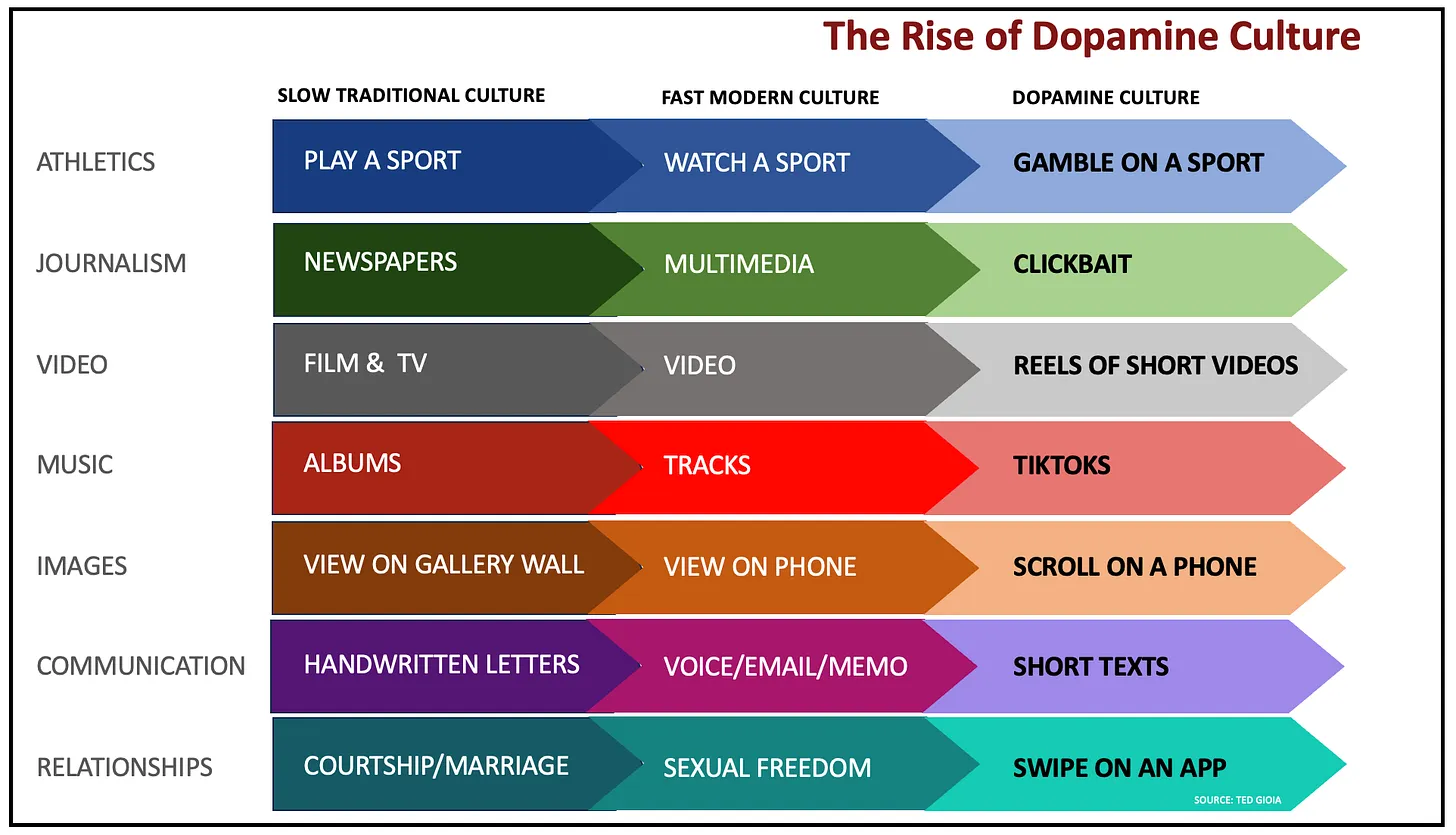reply to u/Yiqu at https://old.reddit.com/r/typewriters/comments/1r08q2i/buying_a_first_typewriter_for_writing/
The first three articles you'll find under https://boffosocko.com/research/typewriter-collection/#Typewriter%20Market will give you a quick crash course about what to consider and look out for in your search.
If you want to get to work, your best bet (and honestly the best value) is to get something from a repair shop that is serviced and ready to go. In the US this means a budget range typically from US$300-$600, or perhaps slightly more if they've recovered the platen which will improve your experience. Prices dramatically in excess of this often include a lot more custom work or less common typefaces which don't necessarily improve your performance (or are people selling typewriters who have less of an idea than you do about typewriters.)
Many hobbyists here may say to get something cheap that "works", but the amount of time and knowledge you have to scaffold to do that is worth a lot of writing time, and often still requires a lot of cleaning, restoration, and potential tinkering which is even more onerous when you just want to get to writing.
In case you haven't found them, some great resources on leveraging typewriters as distraction-free writing devices:
- Flint, Woz Delgado. 2023. The Distraction-Free First Draft. One Idea Press. https://www.oneideapress.com/product-page/the-distraction-free-first-draft.
- Joe Van Cleave: https://www.youtube.com/@Joe_VanCleave
- Damon DiMarco: https://www.youtube.com/channel/UCMJ2zbs0bvcjaTYx5zV52sw
And if you need some serious distraction free advice, since it's hiding as deep knowledge amongst a handful of serious collectors/writers, the bigger your (standard) machine, the more visual space it takes up as you're writing and subtly helps your concentration. Similarly placing it in front of a wall (and not a window) helps a lot too.
